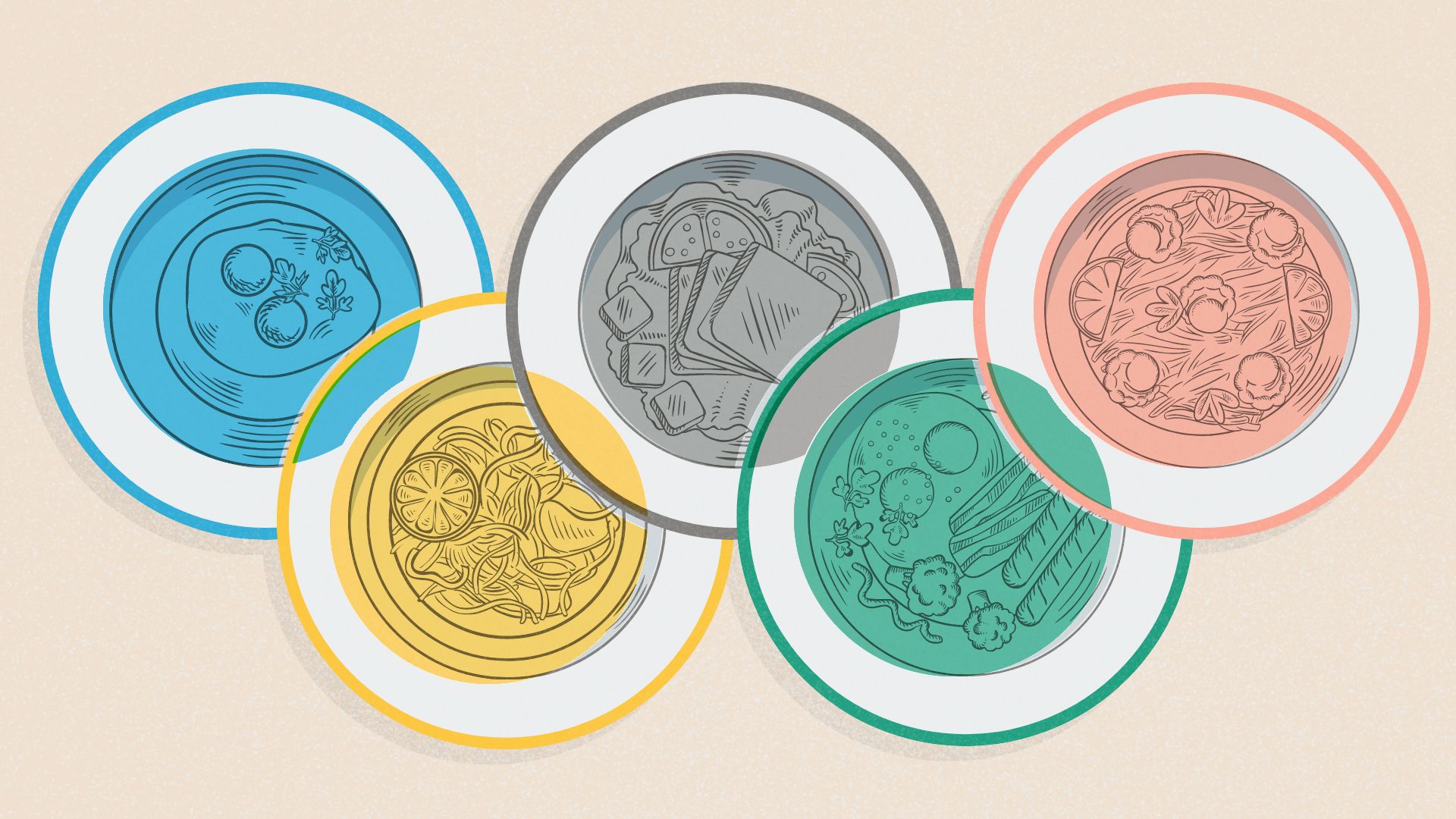Copyright © 2024 - Gearlabblog.com

Learn how top athletes fuel their bodies to achieve peak performance at the 2024 Paris Olympics. Discover the key elements of their diets and tips you can apply to your own nutrition.
A proper diet is crucial for Olympic athletes, helping them perform at their best. Genetics, hard work, and a supportive team play a role, but nutrition is essential for fueling, recovery, and overall health.
Personalized Nutrition Plans
Rikki Keen, senior sports dietitian at the US Olympic and Paralympic Committee, emphasizes the importance of personalized nutrition plans. She considers the athlete’s preferences, dietary restrictions, training demands, gender, goals, and blood work results to create an effective diet plan.
Underfueling Risks
Laura Moretti Reece, lead sports dietitian at Boston Children’s Hospital, warns that underfueling can impact performance and health. She ensures athletes get enough calories to support their energy needs and adjusts their diets based on training phases, injuries, and special needs.
Avoiding Alcohol
Alcohol is a big no-no during training. It promotes dehydration, delays recovery, and interferes with muscle repair and sleep, all of which are vital for athletes.
Importance of Sleep
Sleep is crucial for recovery and performance. Keen highlights that sleep cycles can affect nutrition patterns, and any issues with sleep should be addressed with a physician or mental health professional.
Caloric Needs by Sport
Different sports have varying caloric needs. For example, swimmers require more calories than shooters due to the higher energy demands of their sport. Dietitians like Keen and Reece use metabolic testing and body composition data to tailor diets to each athlete’s needs.
Training Environment
Training in different environments, such as high altitudes or hot climates, can increase an athlete’s fuel and hydration requirements. Dietitians adjust nutrition plans accordingly.
Supplement Use
Both Keen and Reece advocate for a food-first approach but acknowledge that supplements can support health and performance. Common supplements include protein powder, electrolytes, creatine, omega-3s, and vitamins D and iron. Athletes must ensure supplements are free from banned substances.
Diet Adjustments
During the off-season, athletes’ diets shift as their training volume decreases. Keen and Reece focus on maintaining quality nutrition, monitoring blood work, and adjusting caloric intake to avoid low-energy states.
Planning and Consistency
Keen advises planning meals, batch cooking, and maintaining a routine to build healthy eating habits. Reece emphasizes the importance of regular, consistent fueling, prioritizing protein, and avoiding long gaps between meals.
Flexibility and Enjoyment
Even Olympians enjoy treats and flexibility in their diets. Reece and Keen stress that enjoying favorite foods and celebrating special occasions support mental health and overall well-being.
Olympic athletes achieve greatness through discipline, hard work, and expert guidance, including nutrition. By adopting some of their healthy habits, such as regular fueling, prioritizing quality foods, and allowing flexibility, you can improve your own diet and overall health.